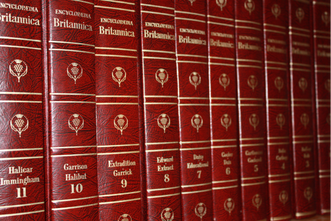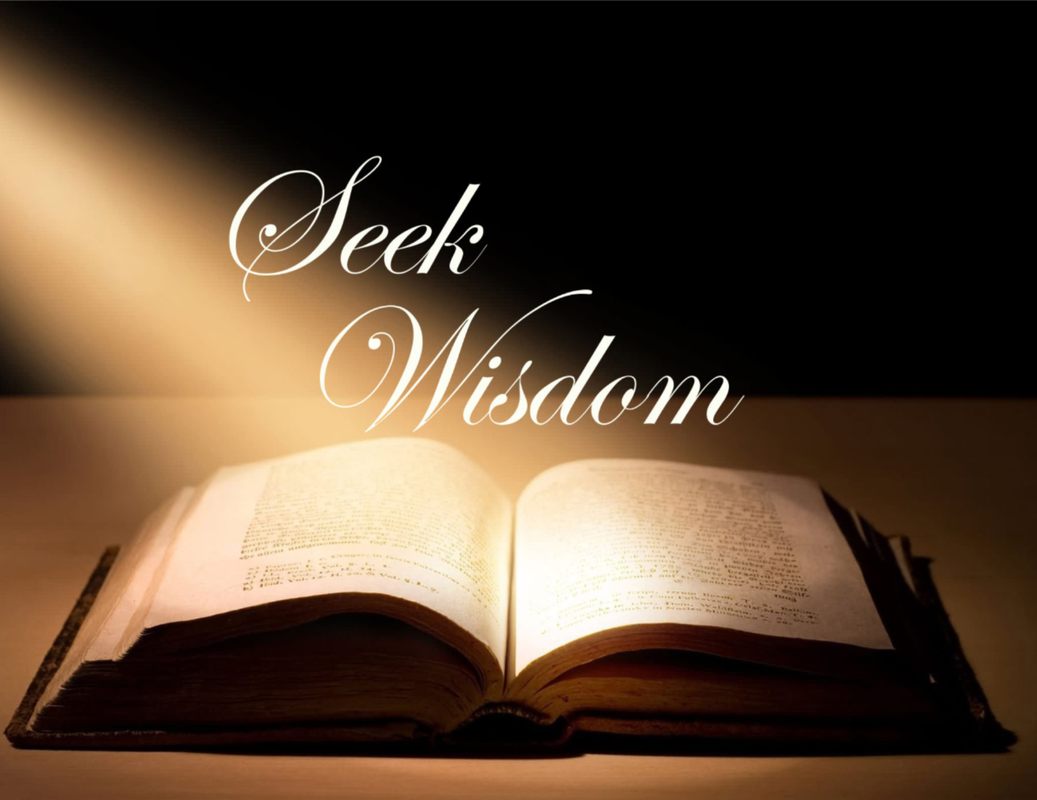Desiring Wisdom Over KnowledgeThe beginning of wisdom is this: Get wisdom. Though it cost all you have, get understanding. Cherish her, and she will exalt you; embrace her, and she will honor you. She will give you a garland to grace your head and present you with a glorious crown.” ~ Proverbs 4:7-9 We live in an age when information is highly valued. Even in social circles, being able to spout off trivial facts has often impressed the masses. Never before has information been so readily accessible.
I was in high school when computers finally became portable enough to purchase. In grade ten, I was rather impressed when our computer lab bought three new Apple 2+ computers, bringing the total up to four (!) for the whole school, and I was able to take a computer programming course that year (in BASIC, of course). In my second year of college (1987), I was able to purchase a Korean-made Apple 2e clone, and suddenly my life was transformed! Actually, my teachers’ lives were transformed, as they could finally read my papers, which until then had been hand-written. This was, of course, before the internet was much of a thing, but it wasn’t long before you could purchase an entire Encarta encyclopedia on disk for your computer! Now, instead of hauling 30-40 volumes around, I could access all that information and more on just a few “floppy disks.” Even better, the information was updated yearly, so we didn’t have to rely on encyclopedias that had been written in the 1970s. This was the early 1990s, and we were so advanced! Of course, with the internet, which I first enjoyed at the end of 1993 (before the World Wide Web was well established), everything has changed again. In fact, I am amazed today that I don’t even have to look most things up. “Hey, Siri, what’s the population of London?” “As of 2016, the population of London was 8,787,892.” Instant knowledge! Why would I memorize anything ever again? Indeed, as a culture, we know so much, but is that necessarily good? Consider the knowledge of how to construct a nuclear bomb. That knowledge inevitably led to the destruction of two Japanese cities, the Cold War, and a world on the brink of destroying itself. Other knowledge has led to new weapons of mass destruction and ways of fighting wars never before considered. Yet research and information have also led to break-throughs in medicines, treatments, and procedures that can save lives and improve standards of living. It has been said, “A little knowledge is a dangerous thing,” which implies that if you have enough knowledge, you will “know” enough to do the right thing with the knowledge you have. Yet that has never proven true. Knowledge does not equal wisdom.
Therein lies the problem with knowledge. It has no capacity to tell us what is “right” or “good.” Knowledge is amoral, which means it, in itself, cannot provide the “right or wrong” aspect of a decision. You might “know” that your words may hurt someone, but that knowledge does not help you decide to hold your tongue in that moment. Wisdom wants to step in and say, “Stop!” You may know how babies are made and how to prevent conception with birth control, but that knowledge does not tell you whether or not you should become sexually active before you are married. Those of us who drive are responsible to make decisions that do not endanger lives. Each one of us, prior to driving on our own, is trained to follow the laws and control our vehicle carefully and safely. Then why do we see so many people driving so dangerously, speeding, texting while driving, weaving in and out of traffic, and so on? I hear people talking about these issues on the radio, and there is usually a cry for “better driver education!” But dangerous drivers rarely lack knowledge of how to drive safely. They may in fact be very skilled drivers. However, they choose to endanger people through a lack of wisdom. They are making poor choices. Education and knowledge do not solve our most basic problems. They don’t make people kind or considerate or obedient or helpful. How many times do I see a need, know how to meet it, but choose to do what I want for myself instead? To my shame, more often than I should.
To obtain wisdom and become wise, we need to be immersed in wisdom. This means regularly listening to wise people and spending time studying the Word of God. If we surround ourselves with fools, we will certainly become foolish. If we spend more time immersed in social media and television than in God’s Word, we will think the thoughts of the people writing what we read and watch. But if we are immersed in the wisdom of the One who created all things, we will learn to think His thoughts.
Finally, we see in Proverbs 4:8-9 that wisdom, when obtained, when embraced, will bring honor. Why honor? Because wisdom leads us in paths that control our behavior and help us choose to do what is right and good. In other words, we become people of good moral character. There is nothing better to seek after than wisdom. Knowledge has its place, but don’t be a “smart fool.” Get wisdom and watch your life being transformed with the character that God wants for you. Craig W. Douglas November 2018
0 Comments
|
AuthorCraig W. Douglas Archives
October 2023
Categories |



